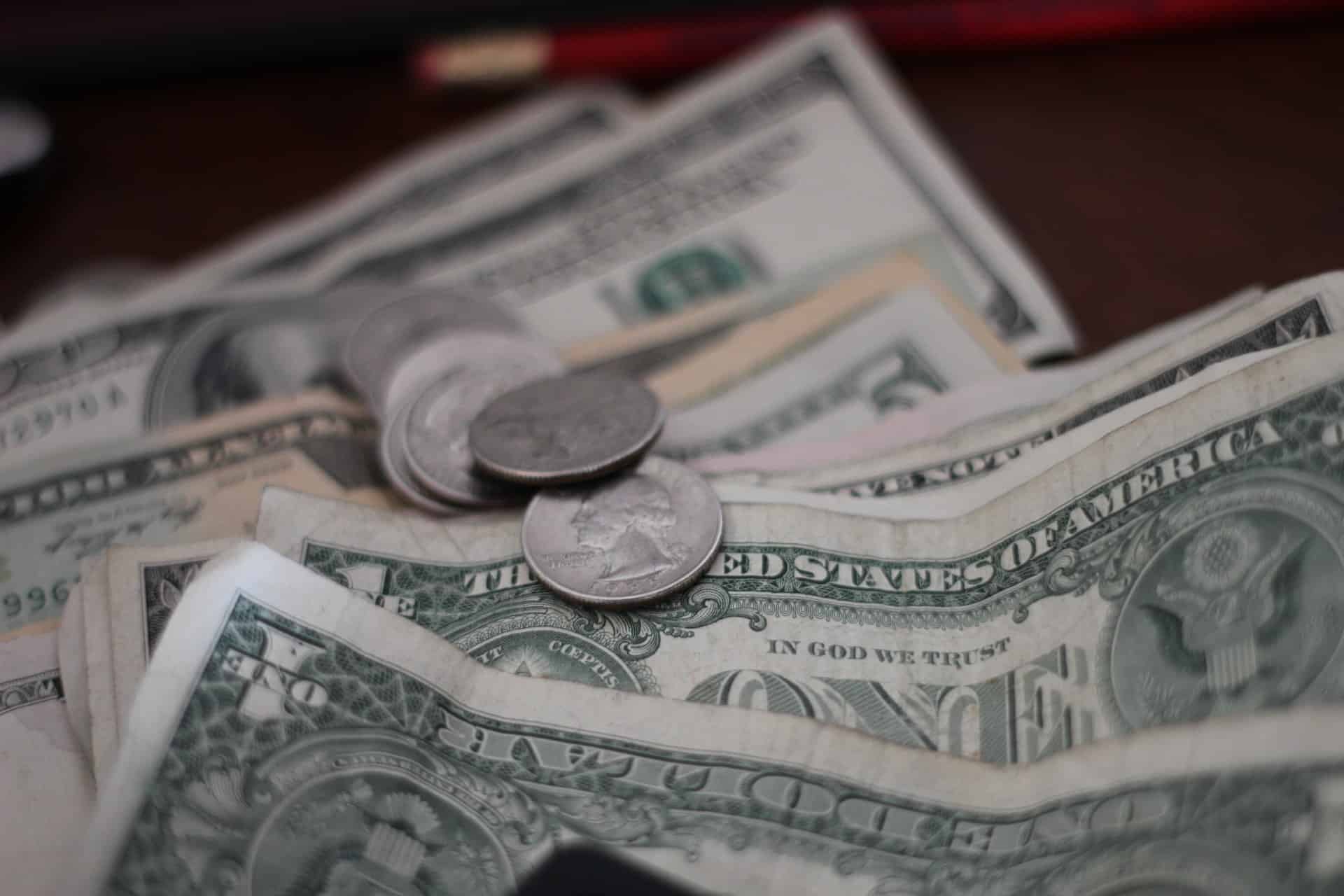
What Is a Credit Builder Loan?
A credit builder loan is a financial product that can help consumers establish a positive credit history. Unlike a traditional loan, borrowers will receive a
Brand

Lendmo is an online tribal lender that offers installment loans. Similar lenders to Lendmo include River Valley Loans, Mawka Finance, and Plain Green Loans, which…

Key Takeaways
Loans like Bright Lending are tribal loans with high APRs, appealing to those with poor credit needing fast cash, but their costly repayment terms…
Budgeting

Key Takeaways
Claiming ‘0’ on your W-4 results in maximum tax withholding from your paycheck, potentially leading to a larger refund during tax season.
Claiming ‘1’…

Key Takeaways
Needs are essential for survival and well-being, including necessities like food, water, shelter, and healthcare, while wants are non-essential desires that enhance comfort and…

Debt collectors and loan companies may be able to garnish wages, in most scenarios, after they have taken certain legal steps. Whether that can happen…
Credit

Paying utilities does not always directly contribute towards building credit, but under the right circumstances, it can! Most utility companies don’t report payments to credit…

If you’re starting from scratch with no credit history, don’t worry, you’ve got options. You can build credit from nothing by getting a secured credit…
View More
Debt

Key Takeaways
Financial assistance for car repossession is available through repayment plans with your lender, financial aid from charities or non-profits, personal loans, or loans from…

Debt collectors and loan companies may be able to garnish wages, in most scenarios, after they have taken certain legal steps. Whether that can happen…

Key Takeaways
Which Debt Should You Pay Off First? Focus on high-interest debts like credit cards and payday loans, as they accumulate the fastest and cost…
Interest Rates

An interest rate is the amount lenders charge for borrowing money. It’s typically expressed as a percentage of the principal on an annual basis. Interest…

Simple interest is a way of calculating the interest charge on a loan or investment based on the original principal amount and the interest rate….
Loans

Key Takeaways
Personal loans can have fixed or variable interest rates, each affecting your monthly payments differently.
Variable-rate loans may start with lower payments but can increase…

Being a truck driver comes with its fair share of expenses, regardless of whether you work as an independent contractor or have your own trucking…

Personal installment loans for wedding expenses give borrowers the money they need upfront to plan their big day. A personal loan typically provides a few…
Quick And Easy Personal Loans Up To $2500*